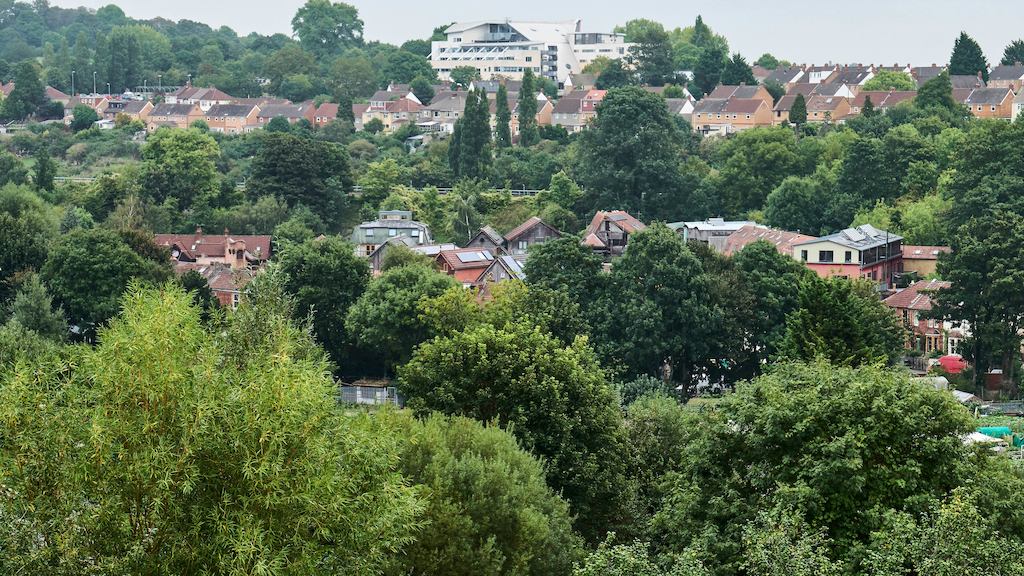So how do we ‘build back better’ and why do ‘connected communities’ matter beyond the pandemic?
These are some of the questions at the heart of our strategic partnership with Leeds City Council and Leeds Older Peoples’ Forum. One project we are currently working on with Sheffield Hallam University is to evaluate ‘The role of the Leeds Neighbourhood Networks (LNNs) during the COVID-19 pandemic’. Initially a single scheme, there are now 37 Neighbourhood Networks spanning the city, led by local community organisations that work with and for older people. The networks bring people together to address loneliness and social isolation, deliver health and wellbeing activities, support awareness and access to information and services, and directly involve older people in management and delivery of activities and services.
When the country first went into lockdown in March 2020, the Centre for Ageing Better began with our partners – Leeds City Council and Leeds Older People’s Forum, as well as with colleagues from the Networks themselves – to carry out a ‘real time evaluation’. This is a flexible and rapid cycle of research into the Networks, with regular reports to help with response planning. Our first summary report from that work, about the role the LNNs played during the early stages of the pandemic, and how they helped deliver on the doorstep while part of a city-wide response, makes for compelling reading.
Like many community organisations, the pandemic meant a rethink of how the LNNs operated. But, as they were firmly established in the local community before the crisis, they found they were able to respond quickly and flexibly, ensuring the practical and emotional needs of older members and residents were met. This included welfare calls, safe social activities, shopping, hot meals and medicines. The networks worked collaboratively – connecting organisations like community transport services, food surplus schemes and businesses to distribute food and engage in local strategic partnerships aimed at supporting citizens. Importantly, LNNs have played a key role in enabling digital inclusion, providing training and support to help people remain connected via the internet.
The focus of our evaluation will now broaden to look at the contribution LNNs make to healthy ageing at a community level, in particular how helping people make and maintain social connections can support their mental and physical health. While the LNNs are just one example of how communities can organise and fund themselves to better support citizens to age healthily and well, we hope to generate insights that can be used not just in Leeds but in other local places too.
Of course the crisis is still ongoing and we are yet to understand the full impact of the pandemic and the implications for population ageing and health. If COVID-19 has taught us anything, it is the unique power of communities to help us stay connected and support each other in times of crisis. These connections are particularly important given that our population is ageing and becoming increasingly diverse, with COVID-19 threatening to exacerbate the stark inequalities that already existed between people and places pre-pandemic. Community-centred approaches like the LNNs show us why creating the conditions for more people to live in connected communities must be at the heart of recovery plans.

